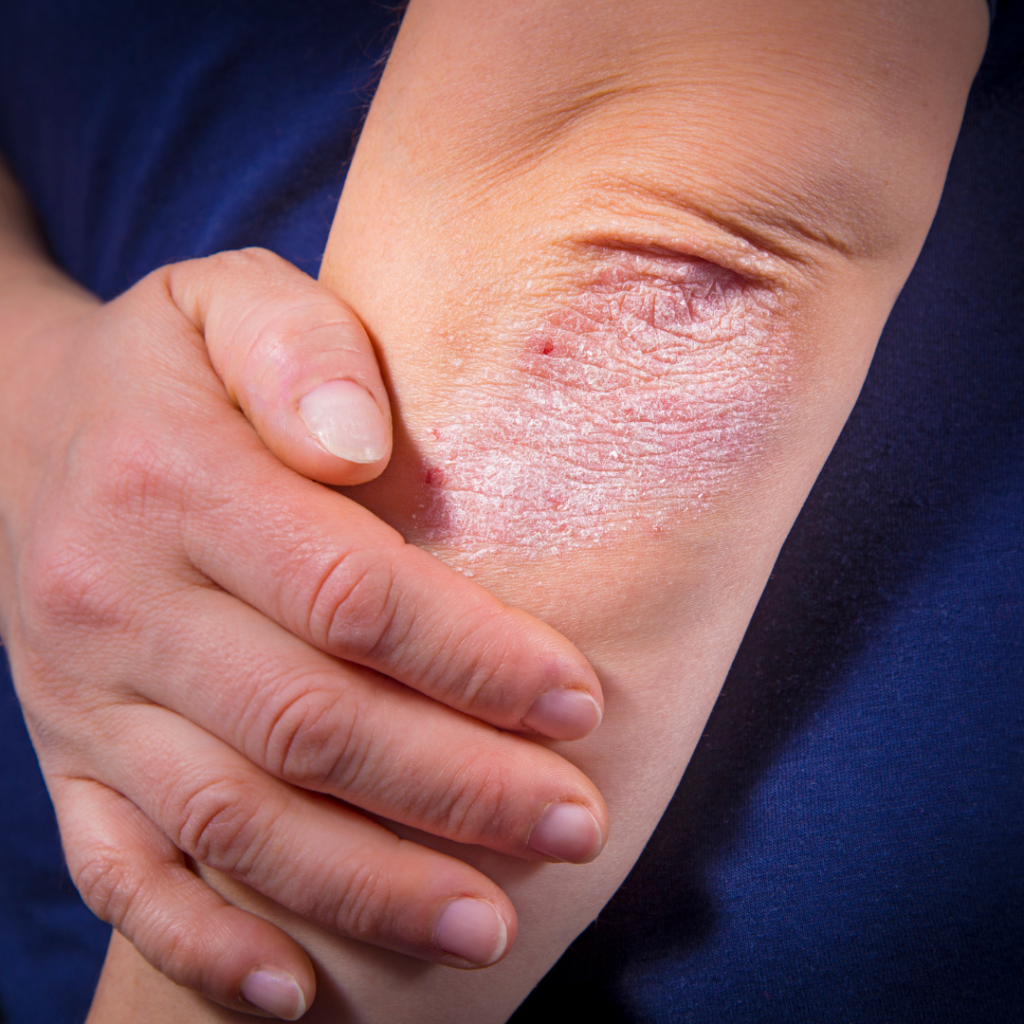
Eczema Treatment Options
Eczema Remedies | What Is The Treatment For Eczema | Eczema Natural Treatment
Overview
Eczema is a group of skin conditions that lead to inflamed and itchy skin. Usually, eczema also refers to atopic dermatitis, which is the most common type of eczema. It can occur at any age and is most common in children.
The first signs of eczema are itchiness followed by redness of the skin. Afterwards, red patches can appear on the skin, usually on the hands, feet, and neck. These inflamed patches of skin also occur on the fold of the skin, for example, in the elbows and behind the knees.
Eczema can also cause bumps on the skin surface. When scratched, these bumps can leak. The result is weeping skin that leaks fluids.
The itch caused by eczema is often most severe during the night. This can lower the quality of sleep of children suffering from the condition. Meanwhile, less sleep can affect families and caregivers causing lower levels of concentration during the day.
Eczema can flare periodically, followed by periods of calm skin. Yet, even when a flare up has ended, the red patches of inflamed skin can remain discolored. The skin can also thicken leading to self-consciousness.

How To Treat Eczema
There are several treatment options for eczema. Currently, there is no cure for eczema. Since treatment responses may be different, it is best to understand all the available options. You may need to try several treatments to manage your or your child’s eczema. Consult your healthcare practitioner to create a regimen that works for you and your child.
Medications
The medications available for eczema treatment fall under the following categories:
- Topicals
- Injectables
- Oral
Topicals
Topical Corticosteroids
Available as creams and ointments, topical corticosteroids relieve the inflammation and itchiness of eczema. Generally, these creams and ointments are applied after you moisturize the skin.
Topical Calcineurin Inhibitors
Topical calcineurin inhibitors are drugs that reduce inflammation. They work by suppressing specific cells of the immune system. These medications are available as ointments in different concentrations for children and adults.
Topical Hydrocortisone
This is a low potency steroid that helps to temporarily reduce the itching and inflammation associated with eczema. Topical hydrocortisones are available over the counter as ointments, creams, gels, and lotions.
Injectables
Biologics
These are anti-inflammatory medications. They are genetically engineered medications that have proteins in them. Biologics can be applied on the skin or injected.
Systemic Corticosteroids
Systemic corticosteroids are available as injectables and oral tablets. They are prescribed if topical treatments for eczema do not work.
Oral
Oral Corticosteroids
Usually, oral corticosteroids are prescribed for severe cases of eczema. They cannot be used for longer durations.
Antibiotics
Sometimes, eczema may be accompanied by a bacterial skin infection. In these cases, antibiotics are prescribed to treat the infection.
Antihistamines
Antihistamines help to reduce the itchiness and inflammation associated with allergies. They are available over the counter and often contain sedatives. As a result, this helps to reduce the itchiness of eczema at night.
Therapies
The therapies in use for treating eczema are wet wrap therapy and phototherapy.
Wet Wrap Therapy
Wet wrap therapy involves applying topical corticosteroids on the skin rashes. Then, a wet bandage is wrapped over the area, followed by a dry bandage. Typically, the bandages stay on for 2 to 6 hours. This therapy is a treatment option for anyone with severe eczema.
Phototherapy
Phototherapy is usually administered on severe eczema sufferers. These are often the people who do not see their symptoms getting better with topical treatments. Phototherapy uses UVA and UVB with, and also without, medications. The affected skin is exposed to controlled amounts of light. Generally, phototherapy is not used on young children.
Remedies used to manage eczema involve lifestyle changes. Some of these remedies are:
Remedies
- Moisturize your skin daily
- Take lukewarm baths instead of using hot water
- Pat your skin dry with a towel instead of rubbing
- Apply a moisturizer right after bathing
- Wear fabrics that do not feel rough or scratchy
- Put on loose clothing to reduce friction between your body and clothes
- Wash with mild soaps, body washes, and shampoos
- Use a gentle laundry detergent
- Avoid sudden changes in temperature to reduce sweating
- Keep nails trimmed
- Learn your eczema triggers and avoid them if possible
- Use a humidifier during the winter and dry weather
- Take extra care during the winter to prevent flare ups and manage your eczema
Side Effects
Most of the medications and therapies that are a part of an eczema treatment plan have side effects. However, some of these can be significant. Topical corticosteroids can cause thinning of the skin. Systemic corticosteroids can also cause the skin to become thinner. Also, prolonged use can lead to bone loss.
The side effects of topical calcineurin inhibitors are mild burning sensations and stinging sensations on the skin. Topical hydrocortisone medications also result in a burning sensation. In addition, the side effects include dry skin, acne, and changed skin color.
Oral corticosteroids also have significant side effects. Fluid retention and swelling in the lower legs can occur, as can weight gain. Upset stomachs are also a side effect of oral corticosteroids.
The harmful effects of phototherapy are an increased risk of cancer and skin aging.
How To Treat Eczema Naturally
With so many of the eczema treatment options having serious side effects, it is natural to look for safer alternatives. Probiotics have been gaining increasing consideration as an option for managing eczema.
Recently, a blend of probiotics has been clinically proven to reduce the symptoms of eczema.

ProZema
ProZema is a unique blend of three probiotic strains. They are Bifidobacterium lactis CECT 8145, Bifidobacterium longum CECT 7347, and Lactobacillus casei CECT 9104. This blend is all natural, vegan, and Non-GMO Project Verified.
Add ProZema to your child’s eczema management regimen to reduce symptoms within 12 weeks. This probiotic blend comes in powder form and has a neutral taste. Mix it with your child’s meals for an effortless way to include it into your daily routine.
Each box of ProZema has 30 sticks that you can easily snip and blend into breakfasts, lunches, and dinners. Find out more about how ProZema can clear up eczema symptoms here.
References:
Medical News Today: What to Know About Eczema
National Eczema Association: Eczema Treatments Overview
Mayo Clinic: Atopic Dermatitis (Eczema)
